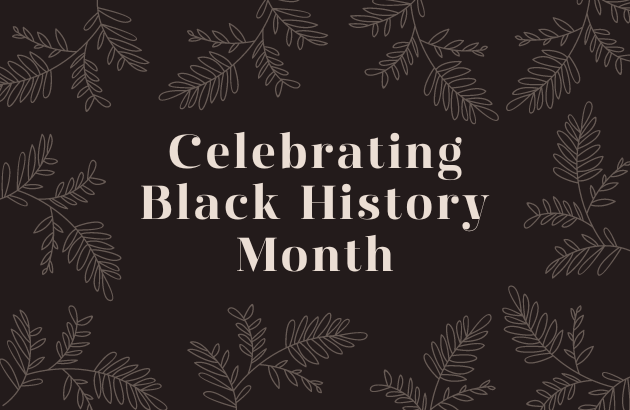Blog
Celebrating Black History Month 2024
February 1st marks the beginning of Black History Month.
Black History Month's inception began in the summer of 1915 by Carter G. Woodson -- an alumnus of the University of Chicago. Inspired by a three-week celebration of the fiftieth anniversary of emancipation held in Illinois, Woodson formed the Association for the Study of Negro Life and History (ASNLH) to promote the scientific and study of black life and history.
After creating the association, Woodson founded The Journal of Negro History (what is now called The Journal of African American History) in 1916 to share and raise awareness to findings conducted by himself and other black intellectuals, such as Charles H. Wesley, Benjamin Quarles, and John Hope Franklin amongst others. Longing for an even greater impact, Woodson decided to create and popularize knowledge about black history with an official press release announcing Negro History Week in February, 1926.
Choosing February was meaningful to Woodson, as it was the birth month of Abraham Lincoln and Frederick Douglass. This declaration was met by wide admiration, celebration, and support across the country -- inducing a rise in racial pride and in turn, in consuming black literature and culture.
What followed was setting a theme for the annual celebration, putting together study materials such as pictures, lessons, performances, and posters. As the buzz of the holiday grew and grew, high schools began to form Negro History Clubs, ASNLH formed additional branches across the country, and in 1937, Woodson established the Negro History Bulletin (which focused on the annual theme).
In the decades moving forward, through cultural activists, youth on college campuses, the Association, and with public support, the ASNLH institutionalized the shift from a week to a month from Negro History to Black History in 1976.
Coming to the present, this year's Black History month theme focuses on "African Americans and the Arts" -- this includes visual, performing, literature, fashion, folklore, language, film, music, architecture, and culinary arts. This art is infused with African, Caribbean, and the Black American lived experiences. Browse this brochure from the Association for the Study of African American Life and History to learn more on the 2024 theme. Previous years were: Black Resistance (2023), Black Health and Wellness (2022), The Black Family: Representation, Identity, and Diversity (2021), and African Americans and the Vote (2020). Next year is set to be African Americans and Labor (2025).
Additional titles accessible remotely with a Jenkins membership:
Negro Labor in the United States, 1850-1925: a study in American Economic History / Charles H. Wesley / HeinOnline
The Mind of the Negro as Reflected in Letters Written During the Crisis, 1800-1860 / Carter Woodson / HeinOnline
Negro Orators and their Orations / Carter Woodson / HeinOnline
The Negro in our History / Carter Woodson & Charles H. Wesley / HeinOnline
The Negro in the American Revolution / Benjamin Quarles / HeinOnline
The Emancipation Proclamation / John Hope Franklin / HeinOnline
*******************
Websites Consulted
Black History Themes. Association for the Study of African American Life and History. 2024.
Origins of Black History Month. Association for the Study of African American Life and History. 2011.




